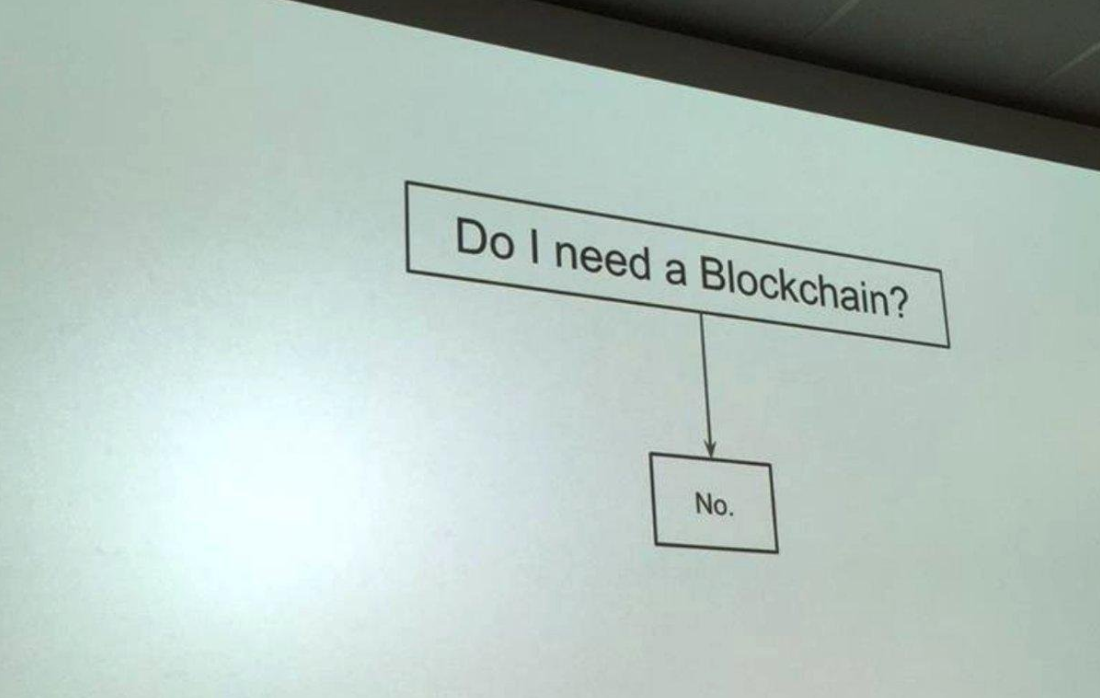
Have you ever noticed how those espousing the virtues of a Universal Basic Income (UBI) will never have to live on a basic income? They’re generally billionaires and academics who’ll never have to live under UBI conditions. We can add Bill Gates, Richard Branson, Mark Zuckerberg and Elon Musk to the list of those promoting the idea of a UBI. Ironic given most of them are building the technology and algorithms to replace human labour and boost their profits. What we don’t hear is any of them proposing a redistribution of income or a billionaire tax.
I’m not suggesting replacing human labour with automation is bad, it’s what we generally do as humans – aim for a more efficient method. We did it on farms, we did it in factories and we’re doing it with Artificial Intelligence. The real question is how do we structure the shift so to capture Intelligence monopolists (the tech company kind) before they pull the biggest bait and switch in human history via the UBI.
How did we get here? For the first time in history we’ve seen the true power of network effects, via near zero cost digital distribution, on a global and commercial scale. This combined with a little bit of luck and good timing has enabled the emergent technology monopolies (Amazon, Alphabet, Facebook, Apple, Microsoft) who have all grown faster than any company in history. They violate anti-trust laws with little consequence because regulators don’t understand how deep their data tentacles run. Oh, and they print money along the way.
How do they cause income inequality? To date their main strategy has been to dematerilize physical things like stores, printing and production by removing not just the intermediaries, but the production processes that made costs higher, and incidentally, employed people. The reduced cost through digitization and network effects disrupts incumbents who can’t compete because of their high cost legacy infrastructure. As they continue to employ algorithms and robotics, their low cost advantage further ensconces their dominant position so their network spreads quicker than anyone else, creating winner take all platforms.
Why is there no ‘real’ competition in tech? Technology companies have a unique strategy when it comes to burgeoning competitors. They can see who the real threats are, before they become so. Remember, big tech companies have a rare advantage in that they can spy on emerging competitors through people’s phones and on-line activities they administer in their services. This makes it super easy to acquire a potential serious competitor long before they are a size of consequence, and without regulators realising this is actually stealthy anti-competitive behaviour.
Are they really monopolies? Well, it’s very easy for big tech to argue they are not monopolies. Google argues it’s business is advertising – where they have around a 15% share – not search, where they have a 90%+ share. Facebook can’t be a monopoly because they are a social service and they’d be less than 1% of peoples social interactions and as they say, people can always opt out! Or use Instagram and Whatsapp instead (which they of course own). But in reality, they’ve become part of the social and economic fabric, and opting out isn’t really an option. Their greatest trick of all is providing a free product which dominates married with a revenue structure which lives outside of their actual monopoly.
Why UBI is proposed as a solution:
UBI isn’t about incomes – it’s a trick to make people believe that monopoly dominance is an inevitable consequence of automation. If that were true, then the 90% of us who worked in agriculture in the pre-industrial era would not have found an alternative, which we did and we will again.
By espousing the virtues of a Universal Basic Income, it takes the attention away from the real economic problems – technology monopolies and concentration of wealth (the one percenters). The mere idea that companies can continue a profitable march ahead when 40% of their ‘former customers’ become unemployed lacks basic mathematical understanding – read: who’s going to buy their products? It just doesn’t add up economically. If 40% of people are out of work, then these big companies will have to endure a 40% decline in revenue. A basic principal of economics that most people forget is that expenditure always equals revenue. It’s the multiplier effect that helps economies grow.
The promotion of a UBI, is a classic ‘look over there!’ concocted by the wealthy to remove the focus from a long overdue wealth redistribution effort, serious tax reform against tax avoiding multinational corporations, and an anti-trust reaction to split monopolist technology firms. It’s a bit like saying; ‘sorry we got so rich, here’s some economic crumbs to keep you fed, while we sip champagne on our private jets – carry on, proletariat.’
Now while it is true big companies with heavy automation will make more money with fewer people once AI comes online, we will simply move up the hierarchy to emotional labour – I’ve written about this here, and here. Another thing we must remember is that prices will eventually drop in automated industries – it always does. When cost comes out, competition usually forces prices down – or it does when capitalist economy Governments do their job and keep markets competitive. Hence the importance of anti-trust regulation.
Better options than UBI
The fundamental problem with a UBI is that it doesn’t address the real problem of wealth concentration (the 1%) and structural problems described above. Rather, it says let’s accept it, and instead hand out an inadequate amount of funding to those who are displaced in the short to medium term. All the while, the super rich can carry on their path of global dominance and asset accumulation and give them the license to say ‘hey what are you whinging about, you’ve got your UBI.’
People don’t want a handouts, they want dignity. People don’t want the basic human need to create value and to be self reliant to be stolen from them. We all want an economy where we can compete and participate, and if that means busting up a few companies and handing corporate assets to the people to make it so, then it should be done. A capitalist economy has failed if it ever needs a UBI, and communism has won.
UBI also has Orwellian level implications to make us redundant and subservient. It could put at risk the financial safety net we already give to those with physical disabilities, mental illness and various other pensions by providing a cheaper and less suitable substitute. In real terms, we already have UBIs for those who deserve it. And you know what the tax paying populace deserves? A government with the courage to push back against the one percent, to tax them properly and provide infrastructure we can build new industries upon. Even if this means re-appropriating assets from large powerful corporations.
While UBI is a terrible idea, the one thing we should be suspicious of and never forget is that the people pushing for it are also the ones causing it.





